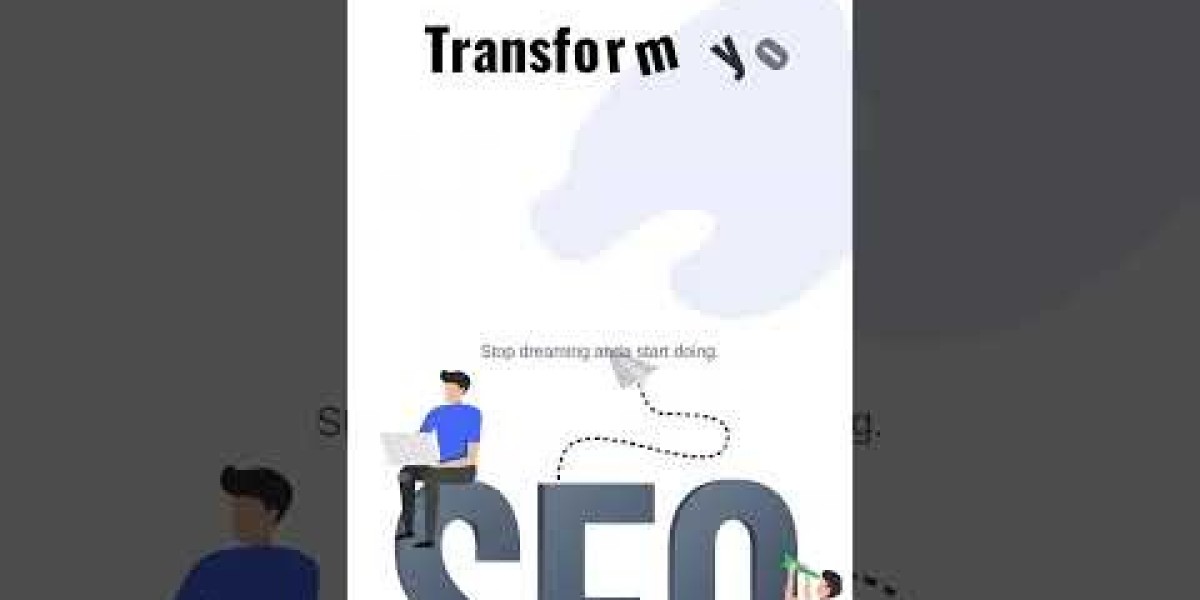Introduction: What Is Individual Counseling?
Individual counseling is a personalized, one-on-one therapeutic process between a person and a licensed mental health professional. Whether you're dealing with anxiety, depression, stress, trauma, or life transitions, this form of therapy provides a safe space to explore your emotions, thoughts, and behaviors.
The goal? To help you better understand yourself, develop coping skills, and move toward a healthier, more balanced life.
Why Choose Individual Counseling?
There are many reasons why people turn to individual counseling. Some seek help for specific mental health issues, while others are simply looking for personal development or a safe space to talk. Here are some of the most common reasons:
Anxiety and panic disorders
Depression and mood issues
Relationship struggles
Grief and loss
Trauma and PTSD
Low self-esteem
Life transitions (divorce, job loss, moving, etc.)
You don't have to face life's challenges alone—individual counseling offers support that is tailored just for you.
How Does Individual Counseling Work?
The process of individual counseling typically begins with an initial assessment. During this first session, the therapist will ask questions about your history, concerns, and goals. From there, you and your counselor will develop a plan for therapy.
Common Techniques Used:
Cognitive Behavioral Therapy (CBT) – Helps you recognize and change negative thought patterns.
Talk Therapy – A supportive space to share and process feelings.
Mindfulness and Relaxation Techniques – Teaches you how to manage stress and anxiety.
Solution-Focused Therapy – A goal-oriented approach that focuses on practical steps forward.
Each session typically lasts between 45 to 60 minutes and may occur weekly or bi-weekly, depending on your needs.
Benefits of Individual Counseling
Individual counseling can make a meaningful difference in your mental, emotional, and even physical health. Here are some benefits:
1. Improved Self-Awareness
You’ll gain a deeper understanding of your thoughts, emotions, and behaviors—and why they occur.
2. Better Coping Mechanisms
Counseling equips you with practical tools to manage stress, anxiety, depression, and other issues.
3. Stronger Relationships
As you work on yourself, you’ll often find improvements in your interactions with others.
4. Healing from Trauma
Therapy offers a safe and supportive space to process and recover from painful experiences.
5. Increased Confidence
Through therapy, many people develop stronger self-esteem and belief in their own abilities.
Who Provides Individual Counseling?
Individual counseling is typically provided by licensed professionals such as:
Licensed Professional Counselors (LPCs)
Licensed Clinical Social Workers (LCSWs)
Psychologists (PhD or PsyD)
Psychiatrists (MD or DO) – They can also prescribe medication if needed
It's important to choose a therapist you're comfortable with. Many offer free consultations to help you decide if they’re a good fit.
Online vs. In-Person Counseling
With the rise of telehealth, you now have the option to attend individual counseling sessions either in person or online.
In-Person Counseling:
Face-to-face interaction
Comfortable therapy space
Great for those who prefer physical presence
Online Counseling:
Convenient and accessible
No commute required
Ideal for people in remote areas or with tight schedules
Both forms are effective—it all comes down to what works best for you.
Myths About Individual Counseling
Despite growing awareness, there are still many misconceptions about therapy. Let’s clear up a few:
“Only people with serious problems go to counseling.”
Not true! Everyone can benefit from therapy, even if it’s just to process everyday stress.“Therapy is just talking.”
While talking is a key part, therapy is also about learning skills and creating change.“I should be able to handle this on my own.”
Asking for help is not weakness—it’s strength.
How to Get Started with Individual Counseling
Ready to start your journey? Here’s how:
Find a licensed therapist in your area or online.
Schedule a consultation to ensure it’s a good fit.
Be open and honest in your sessions—this is your space to grow.
Stick with it – progress may take time, but it’s worth it.
Many health insurance plans cover individual counseling, and there are also low-cost or sliding-scale options available.
Final Thoughts
Individual counseling is more than just talking—it’s a transformative journey toward self-understanding, emotional resilience, and mental well-being. Whether you're facing challenges or simply looking to grow, individual counseling offers the tools and support you need to thrive.
Taking the first step might feel scary, but it could also be the best decision you ever make for your mental health.
Frequently Asked Questions (FAQs)
What is individual counseling?
It is a one-on-one therapy session with a mental health professional to address personal issues such as stress, anxiety, depression, or life transitions.
How long does individual counseling last?
Sessions usually last 45–60 minutes and can continue for weeks or months depending on your needs.
Is individual counseling confidential?
Yes, therapy sessions are private and protected by confidentiality laws, with a few exceptions (like threats of harm).
How do I find the right therapist?
You can search directories like Psychology Today, ask for referrals, or explore online platforms. Make sure the therapist is licensed and fits your comfort level.
Is online counseling as effective as in-person?
Yes. Studies show that online therapy can be just as effective as face-to-face counseling, especially for common issues like anxiety and depression.







